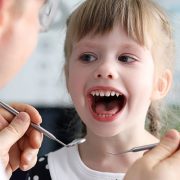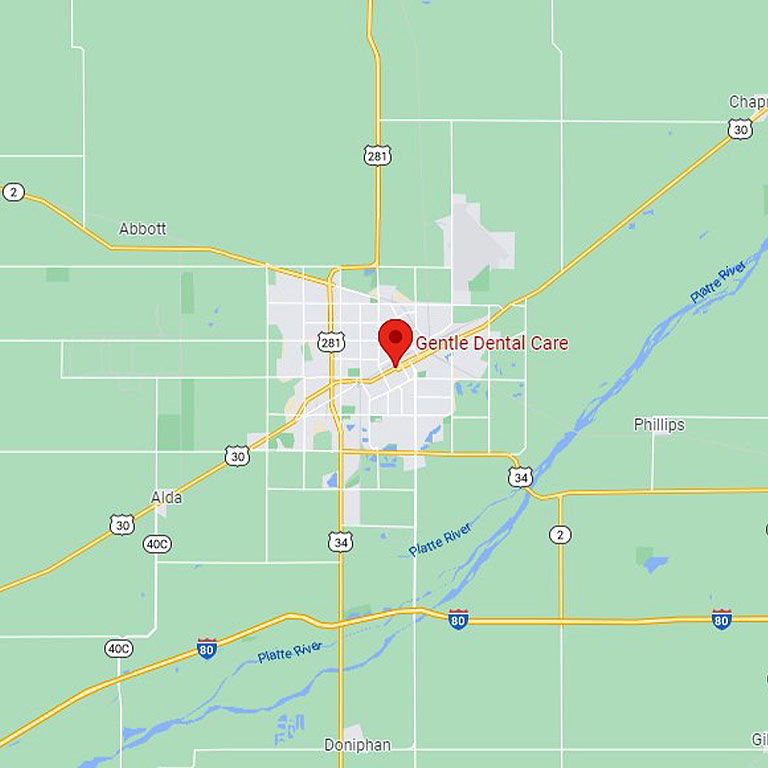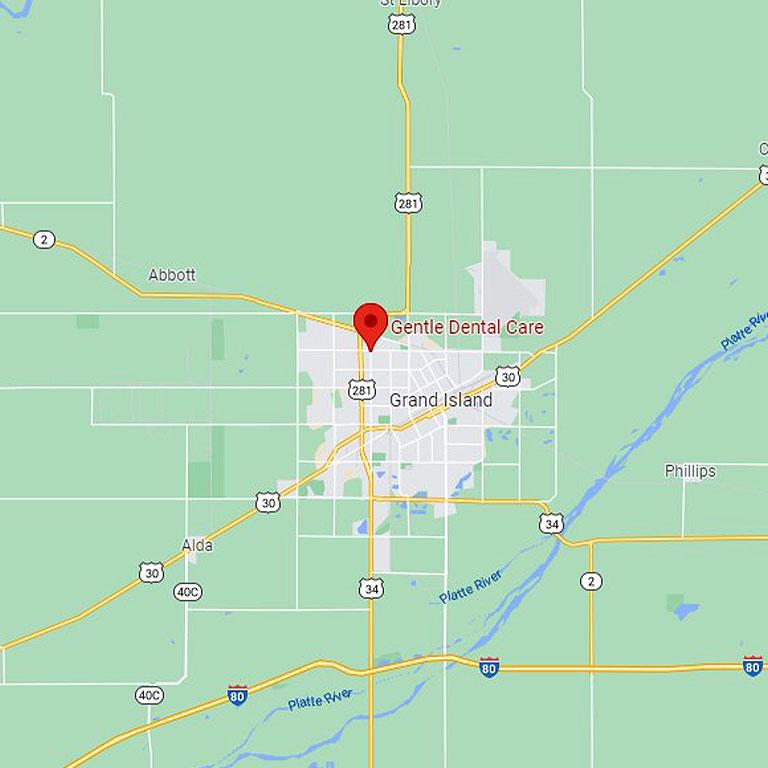4 Small Ways to Take Care Of Your Child’s Teeth
Kids get cavities. Even babies can get cavities! You can help prevent these things from happening to your child by taking good care of their teeth. You can do this by taking your child to the dentist in Grand Island, NE and maintaining their teeth at home. In this article, we’ll go over four small things you can do to take care of your child’s teeth, starting from their infancy.
1. Brush Their Teeth Starting From Infancy
Babies get teeth starting from the age of about 3 to 7 months. When the first teeth appear in their mouth, start brushing their teeth at night. Use a baby-sized toothbrush and toothpaste made for babies. This helps keep your child’s teeth clean, and also teaches your child that toothbrushing is an important routine.
2. Have the Dentist Give Them Dental Sealants
Dental sealants are a protective coating that the dentist paints on molars to protect them from bacteria. Dental sealants can help your child avoid cavities. Ask your child’s dentist when your child should get dental sealants.
3. Take Your Child to the Dentist Regularly
Kids need to go to the dentist regularly. Ask your child’s dentist how often they should return to the dentist, and stick to the schedule the dentist recommends. Taking your child to the dentist will help the dentist diagnose dental problems before they become serious. Taking your child to the dentist also helps your child get used to the dentist. This can cut back on their dental anxiety, if they have any.
4. Bring Them to the Dentist by the Time They Turn One
Kids need to see the dentist by the time they turn one year old, even if they don’t have teeth yet. During the first dental appointment, the dentist will look in your child’s mouth and give you tips to take care of your child’s teeth. Take the opportunity to ask the dentist questions about how to care for your child’s teeth.
Is it time for your child’s dental checkup in Grand Island, NE? Call Gentle Dental Care today to make their next appointment.







